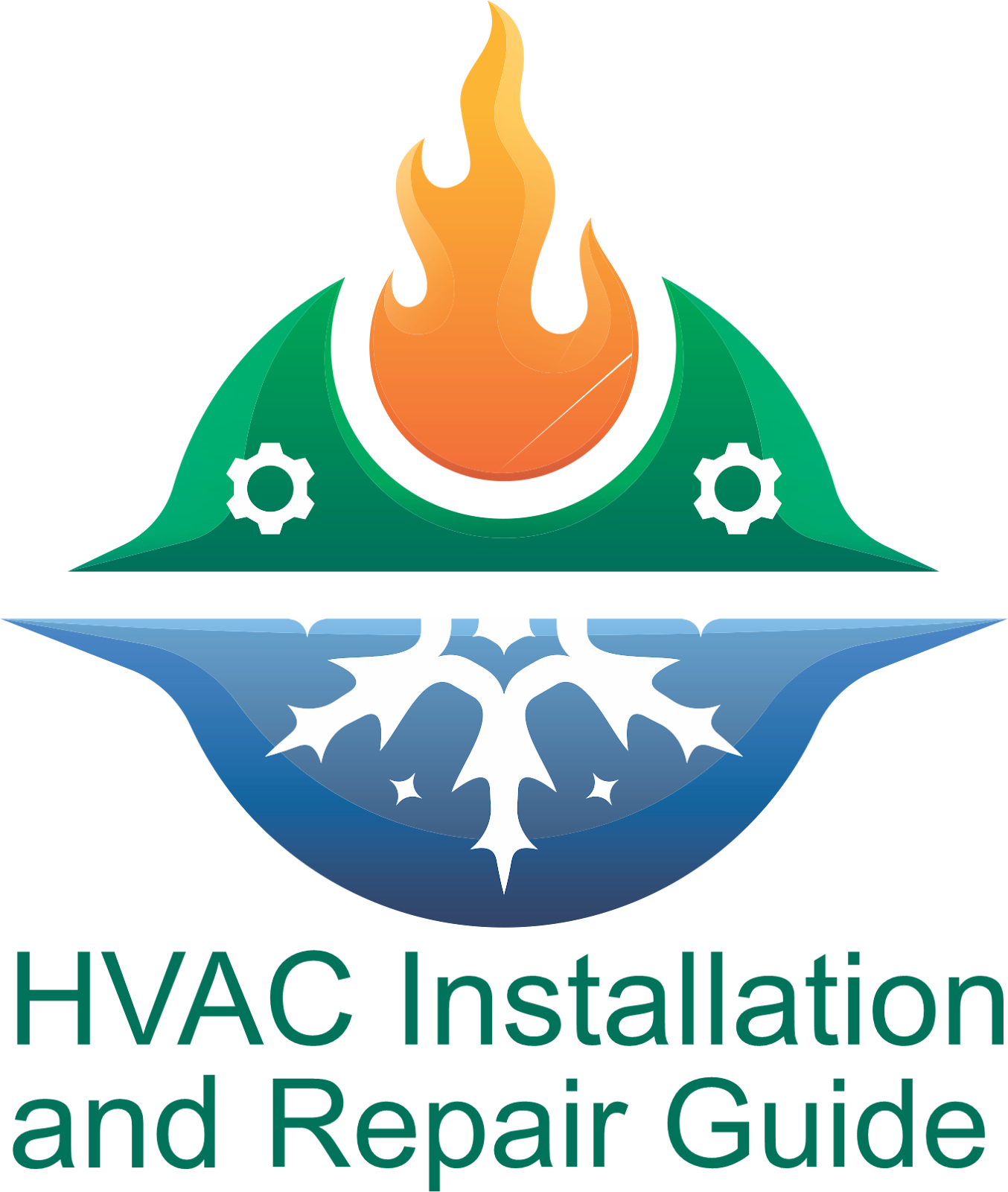Five Variables May Impact the Effectiveness of an Air Conditioner
Less energy will be wasted thanks to a high-efficiency cooling system, which will directly translate into monthly savings for you. By employing the HVAC Installation and Repair Guide, you could increase the efficacy of your air conditioner.
The Efficiency of Air Conditioners: Contributing Factors
1. Insufficient Ventilation
A clogged air filter, a condenser unit that is clogged, and ductwork problems are just a few of the issues that can result in poor airflow. To prevent airflow issues, you should regularly change your air filter, maintain the area surrounding your condenser unit, and think about getting an AC replacement in Virginia if your energy expenses are significantly higher than usual.
2. Clean Coils
The condenser or evaporator coils on your appliance lose some of their ability to conduct heat when dirt accumulates on them. Your air conditioner will use more energy because it won't be able to remove the heat from your house. By replacing the engine's fluid once a year, you can keep your coils clean.
Reduce the amount of dust that accumulates in your system by installing a more effective air filter. Although these meticulously created filters generally don't need to be maintained and do a better job of maintaining unhindered airflow, they are typically more expensive to buy and maintain.
3. Device Size
The current heating or cooling system in your home will need to work harder and longer to reach the desired temperature if it cannot efficiently heat or cool the room. An HVAC system uses more energy when operated beyond its capabilities, which raises monthly AC repair costs and increases the risk of system failure.
Unwanted is an HVAC system that is too big for the space. Energy and resources are wasted by using large equipment for its intended purpose. Your home will cool down quickly. The cooling, though, is not always even. Additionally, it turns on and off more often than a system of the proper size.
4. Leaky or Clogged Ducts
Air ducts are used to distribute the cooled air from your air conditioner throughout your house. Air circulation will be poor if these are blocked or leaky, which will lower the cooling system's efficiency.
Your ductwork should be inspected by experts at least once a year and possibly more frequently. Sealing holes and getting rid of extra buildup are the best ways to improve airflow and make cooling work better.
5. Maintenance
Regular maintenance and cleaning are necessary for effective operation. Although you can change the filters and clean the coils on your own, preserving the health of your unit requires extra upkeep. The knowledge of a professional is required for additional HVAC-related chores, including inspecting the refrigerant levels and cleaning the ducting.
Conclusion
Everyone adheres to a variety of cooling system maintenance practices, each of which is based on their personal beliefs. Your air conditioning system's effectiveness will decline if you neglect routine maintenance.
Using the HVAC Installation and Repair Guide, service technicians will provide you with routine cooling system examinations and maintenance.
Tags
ac maintenance
ac repair
ac repair installation
ac replacement
Air Conditioner Repair
ductless mini-splits
Furnace Installation
Furnace repair
HVAC Installation
HVAC repair

